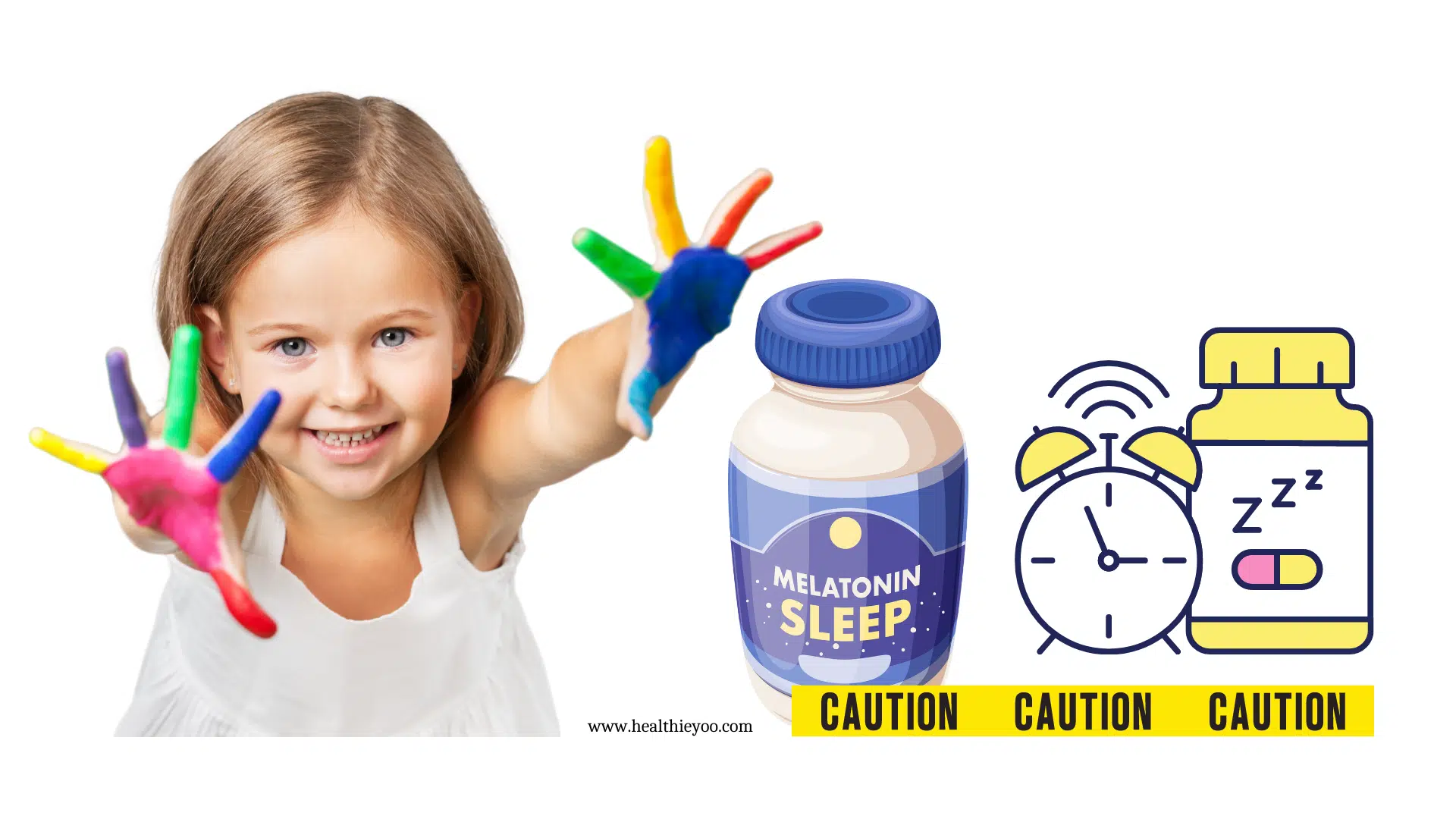Melatonin has been used widely as a dietary supplement and over-the-counter sleep aid. Recent cases of child melatonin poisoning question the use of melatonin for kids. Is melatonin safe for kids?
Sleep problems in children and adolescents is highly prevalent. Prioritizing good quality sleep (longer and better quality with fewer awakenings) in children is essential for their physical, mental, and overall health. Most children who experience difficulty sleeping are diagnosed with a variety of sleep disorders such as psychophysiological insomnia, behavioral insomnia of childhood (BIC), or delayed sleep-wake phase disorder (DSPD), the latter due to changes in the circadian rhythm.
There are several products marketed in the United States which are used as a sleeping aid for adults and children. Melatonin is one such product available over the counter and regulated as a dietary supplement for adults and children. As it is a dietary supplement, its safety and efficacy have not been evaluated rigorously as in a clinical trial for usual medicines.
Recently, melatonin was in controversy due to several cases of poisoning reported in children. The question arises whether it is safe to use melatonin for kids.
What is melatonin?
Melatonin is a hormone that plays a crucial role in regulating sleep-wake cycles and circadian rhythm. It is naturally produced by the body and is released in response to darkness, signaling to the body that it is time to sleep. Many people, including adults and children, take melatonin supplements or melatonin gummies to help them fall asleep faster and to get a better quality of sleep. Melatonin has been used widely in pediatric insomnia. Then suddenly what happened that concerns were raised about its use in kids. Why melatonin was in news? And what did the Centre for Disease Control (CDC) recommend? Let us check this out.
Melatonin Poisoning in Children – Is melatonin safe for kids?
Melatonin has been used in children for several years, with no concerns raised over its safety, until recently when child melatonin poisoning was in news. In 2020, it was observed that melatonin was the most frequently ingested substance among children reported to National Poison Control Centres in the United States. A 10-year study conducted from January 1, 2012–December 31, 2021, confirmed about 260,435 pediatric melatonin ingestion cases in children, adolescents, and young adults <19yrs of age were reported to the American Association of Poison Control Centres as extracted from National Poison Data System (NPDS) (1,2).
Further, it was observed that pediatric hospitalizations due to melatonin ingestion increased mainly in kids < 5 yrs. Child melatonin poisoning was reported to the extent that five children were put on mechanical ventilation, and two of them died. Other children with melatonin poisoning reported symptoms, mostly involving the gastrointestinal, cardiovascular, or central nervous systems (1,2).
No clear cause for child melatonin poisoning was reported, however, variation in melatonin content across products was considered a possibility. Kids usually consume chewable formulations of melatonin and such chewable formulations reported the highest variability.
Another concern about using melatonin for kids was that 26% of the melatonin supplements contained its breakdown product, serotonin which can result in toxicity. There were several purity studies conducted that reported serotonin and tryptophan-related products in these supplements (3).
So, is melatonin safe for kids? Further research is absolutely essential to determine the cause of such adverse effects of melatonin.
In terms of the efficacy of melatonin for insomnia in kids, the majority of studies evaluating melatonin use in pediatric insomnia have been carried out in children with other co-morbidities such as ADHD, autism, neurodevelopmental disorders, etc. and there are limited studies on healthy children. Hence, both the efficacy and safety of the use of melatonin for kids are questionable.
What to consider when using melatonin for kids?
If you are considering giving melatonin to your child, it is important to consult with a healthcare professional/pediatrician before doing so, especially in wake of the recent reports on child melatonin poisoning. Dosing recommendations can vary depending on a child’s age, weight, and other factors, and it is important to follow the guidance of a healthcare professional to ensure that your child is taking the appropriate amount.
It is also important to consider other factors when using melatonin for kids. For example, some studies have suggested that melatonin may interfere with the body’s natural production of the hormone, so it is important to use it sparingly and only as needed.
It is also important to monitor your child for any potential side effects, such as drowsiness, headache, or nausea.
In addition to these considerations, it is also important to keep in mind that melatonin is not a one-size-fits-all solution for sleep problems in children. While it can be helpful for some children, it may not be effective for others. It is important to address any underlying issues that may be contributing to your child’s sleep problems, such as stress, anxiety, or dietary concerns.
What can you do to ensure your child sleeps well without melatonin?
Does your child require melatonin to sleep? Except when your healthcare professional prescribes melatonin, it is not a good idea to buy melatonin for getting your child to sleep. As a parent, one should try alternative strategies for sleeping, some of which are mentioned below.
Consistent bedtime routine
Establishing a consistent bedtime routine is one way to help your child get a better night’s rest. This can include activities such as reading a bedtime story, taking a warm bath, or listening to soothing music. A consistent bedtime routine can help to signal to your child that it is time to wind down and prepare for sleep. However, once in a while, or during the weekend, it should be alright.
Sleep-friendly environment
It is also important to create a sleep-friendly environment for your child. This can include keeping the bedroom dark, quiet, and cool, as well as removing distractions such as electronics.
No blue lights
The blue lights emitted by the electronics (laptop, mobile, etc.) can make your brain alert and hamper sleep. All electronic devices must be removed from the sleeping area at least 2 hours before sleep time.
Physical activity
Encouraging your child to get plenty of physical activity during the day and helping them manage stress can also promote healthy sleep patterns.
Conclusion
Melatonin for kids, though a helpful tool for supporting healthy sleep patterns in children, could have adverse consequences for the child. The answer to the question ‘Is melatonin safe for kids?’ can only be answered when more clear evidence is available. Thus, despite being over the counter, it is important to use melatonin carefully, especially in view of the recent child melatonin poisoning reports, and to use only under the guidance of a healthcare professional. Further, by addressing any underlying issues or stress, establishing a consistent bedtime routine, and creating a sleep-friendly environment, you can help your child get the restful sleep they need to grow and thrive.
Related Posts
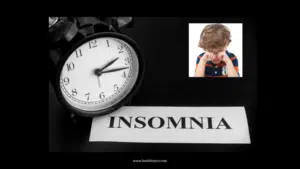
Psychophysiological Insomnia, Behavioral Insomnia of Childhood & DSPD – Symptoms, Causes & Treatment
Insomnia is the inability to sleep that includes difficulties getting to sleep and sustaining sleep. Insomnia or sleep disturbances are highly prevalent in children or

The Superpower Of Self
Realize the superpower of Self for your optimal wellbeing. Here is how.. Since childhood, we are constantly asked the question? “What will you be when
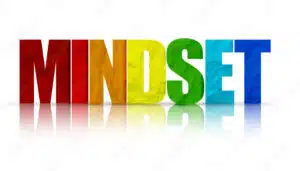
Behavior Change Begins In The Mind
Behavior Change Begins in the Mind Behavior change is difficult because individuals typically focus on what they are giving up as opposed to what

Best CBD for Anxiety & Endocannabinoid System
How to select the best CBD for Anxiety? What are Endocannabinoid System and CBD? Check out the real truth about CBD and how CBD works
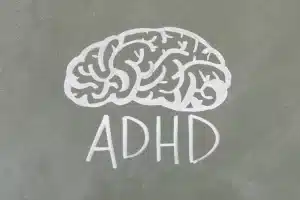
ADHD Awareness Month – Understanding ADHD
ADHD Awareness Month October is ADHD awareness month. Let us understand ADHD in this month. The last 42 years overseas was a key phase
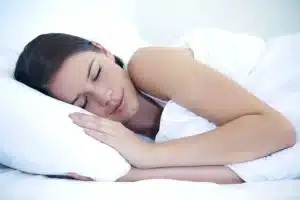
Get your sleep tight, right and not out of sight
How to sleep tight and right? Are you sleeping, ok? How many hours are you able to sleep? Are you getting enough sleep that

